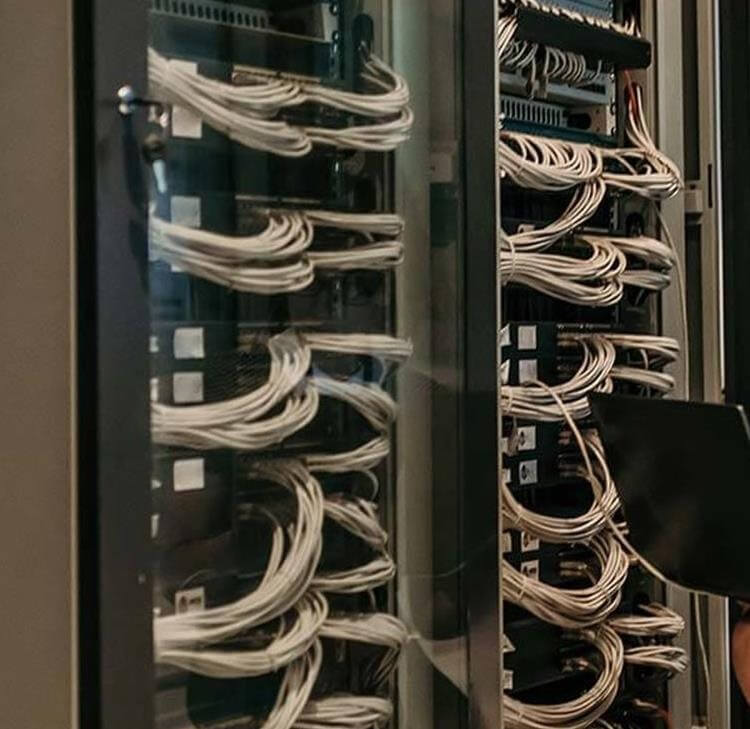State aid – guidance on applying the market economy operator principle to district heating schemes
A recent commission decision regarding the reacquisition of the Hamburg District Heating Network (Decision) has given some useful insight in to ensuring that investment in to a district heating scheme by a public body is done in a way which is compliant with state aid principles, specifically the market economy operator principle (MEOP).
This article is taken from July's public matters newsletter. Click here to view more articles from this issue.
A recent commission decision regarding the reacquisition of the Hamburg District Heating Network (Decision) has given some useful insight in to ensuring that investment in to a district heating scheme by a public body is done in a way which is compliant with state aid principles, specifically the market economy operator principle (MEOP).
State aid decisions and judgments on district heating projects are few and far between, so any guidance from the Commission on these projects is invaluable.
Background to the decision
The district heating network was owned by Vattenfall Wärme Hamburg GmbH (VWH) whose majority shareholder was Vattenfall GmbH. In 2012 the city-owned Hamburger Gesellschaft für Vermögens- und Beteiligungsmanagement GmbH (HGV) acquired an interest of 25.1 % in VWH at a price of EUR 325 million. Following a referendum a decision was made to move towards public ownership of the city’s energy networks. In 2014, HGV and Vattenfall agreed on a purchase option in order for HGV to acquire the remaining 74.9% of the district heating network. The purchase option defines a minimum purchase price of EUR 950 million corresponding to 100% of VWH’s equity value.
The City also announced that it would be implementing a new energy generation concept following the completion of the purchase by replacing two coal fired generation plants with high efficient gas-fired CHP plants in 2025 and 2030 including also upgrading and extending the district heating grid infrastructure. During the course of 2018 different consultants made evaluations regarding VWH’s equity value with results ranging from EUR 645 Million to EUR 1,097 million. The Commission was asked to consider whether the purchase price was set at a level which would satisfy the MEOP; i.e. the price that a rational private operator might have been willing to pay.
Key points to consider when assessing whether the transaction will satisfy MEOP
The commission looked at the various reports and valuations and how the City of Hamburg had approached the differences in these reports in order to assess whether the value paid could be seen as satisfying MEOP. Usefully, it reached conclusions on the factors a private investor would take into account for the purposes of MEOP. Some of the key points to note are:
- Firstly, the Commission found it plausible that a private market investor would take a median value regarding costs of maintaining the network between the data collected via a consultant’s own project experience (in this case PwC) and the operator of the scheme’s own maintenance experience when evaluating. This means in practice that it would be prudent when buying/selling a share in a district heating network to look not only at the maintenance costs actually being incurred by the operator, but also ensuring this is benchmarked against other projects using data from external consultants.
- The Commission confirmed that it was possible for HGV to assume a net annual increase in sales revenue. It stated that it was for a private investor to define its business plan and pursue ambitious targets, especially in this case considering they were looking to implement a new energy generation concept. This means that it would be possible to look at the goals and aims of the heating network when assessing its value and potential sales revenue in the future, rather than simply basing this value on previous years’ values.
- The Commission stated that optimising the tax burden by acquiring a profit making company was a consideration that a private investor would take in to account. This was applicable as the purchase of the share by HGV would trigger a significant tax advantage for HGV as HGV’s taxable losses would reduce the taxable basis of the merged entity. This shows that when looking at the MEOP test within this context specific benefits that may be gained by the investor from the purchase can be taken in to account, in addition to looking specifically at the heating scheme itself.
- It should be noted that HGV’s arguments around the valuation which were accepted by the Commission came from looking at the various different consultant reports, analysing the different figures reached and then proposing figures either which looked to be a compromise between the various reports, or where one report was favoured, being able to justify why this was. Therefore, it appears that in order to stand the best chance of satisfying the MEOP principle, public bodies should robustly assess the assumptions on which valuations are based and consider obtaining valuations on more than one basis.
Why the decision is relevant
On the face of it this decision appears very specific to the facts (a public-owned company buying its private sector partner out of the SPV which owns the heat network). However, the principles set out in the decision will apply to the application of the MEOP to any district heating project, or even to the calculations used to determine eligible costs under district heating exemption in the General Block Exemption Regulation (article 46).
Common scenarios where this decision may prove useful include:
- a public body funding the establishment or expansion of a district heating network, either subject to MEOP or using article 46 of GBER; this could include calculating appropriate interest rates for loan funding and projecting expected project costs and revenue in order to determine eligible costs
- a public body seeking a joint investor to expand an existing a district heating network
- a public body considering investing equity into an SPV to establish and/or expand a district heating network
- a public body looking to dispose of its interest in an SPV which owns and/or operates a district heating network
- a public body looking to transfer all or part of the operation of a district heating network to an SPV, whether wholly or partially owned by the public body.
Concluding remarks
This decision provides useful guidance for public bodies investing in, acquiring or disposing of district heating networks. Projecting a heat network project’s funding requirements and finding appropriate comparators for MEOP analyses is often complex, so this guidance from the Commission should prove useful to public and private bodies active in the sector.
Contact

Mark Hickson
Head of Business Development
onlineteaminbox@brownejacobson.com
+44 (0)370 270 6000








































